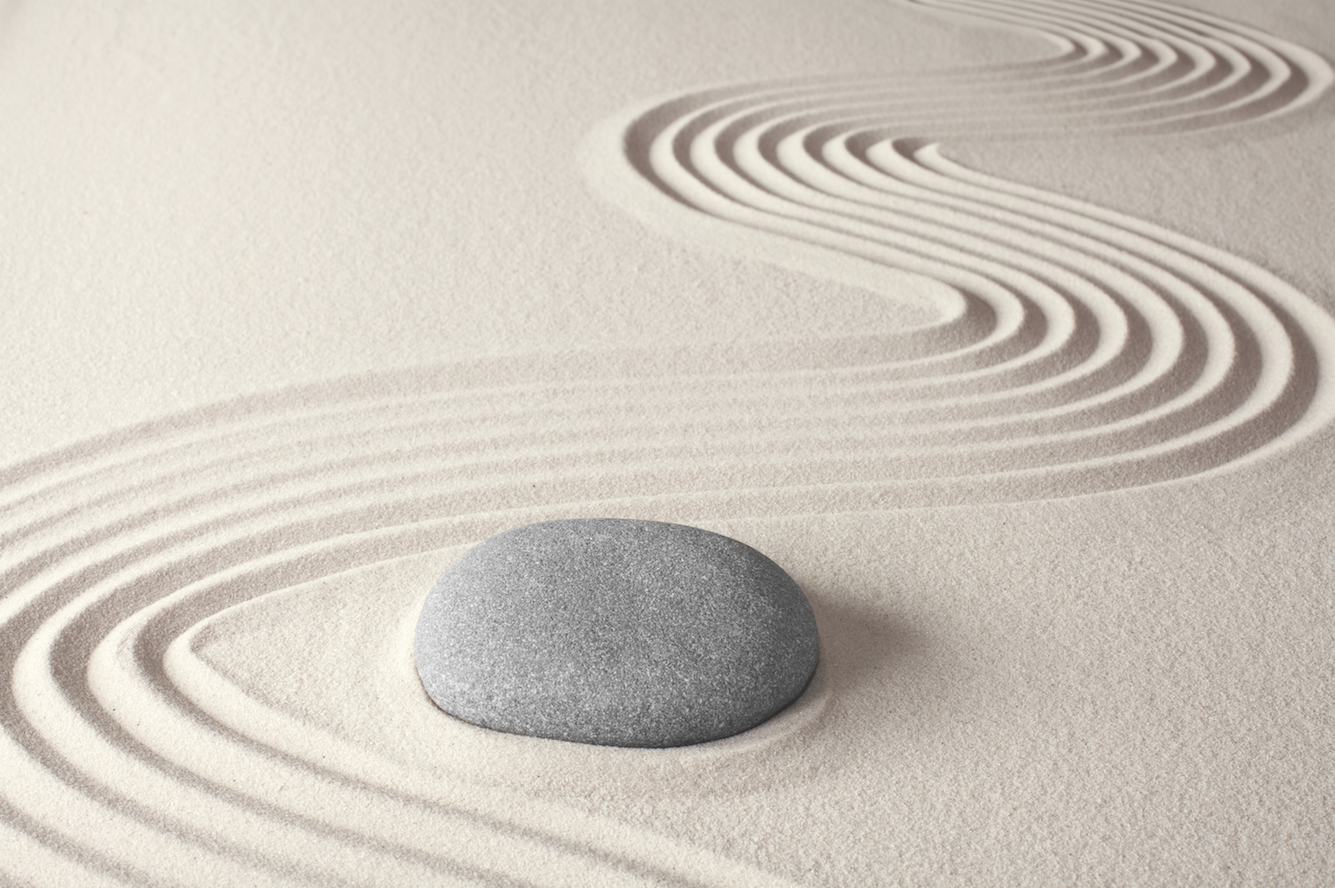My husband enjoys woodworking. I am very lucky, because that means I get to have one-of-a-kind, handcrafted, solid wood furniture completely customized to our tastes and needs. He has built us a dining room table, a dresser and, most recently, an entertainment center. Once while he was working on a project, he made the comment to me that he deliberately did not fix a particular flaw in the product because he did not want it to look “too perfect.” That little imperfection gave the piece character and reminds anyone who looks at it that it is not just something out of a mass production factory.
Have you ever appreciated the beauty of nature, and noted that nothing is perfectly symmetrical or balanced? The Japanese have a term for this phenomenon. Wabi-sabi is defined by Collins Dictionary as “a way of living that focuses on finding beauty within the imperfections of life and accepting peacefully the natural cycle of growth and decay.”
This has been a notion that I have struggled to accept in my own life. I have spoiled more than my share of wonderful experiences by frantically trying to script and execute them to perfection, and feeling disappointed when they were not completely perfect. Chipped nail polish at a fancy dinner or a few clouds during a beach day would, in my mind, cheapen the experience as a whole. I have even tried to project my irrationally high expectations onto others. When we have friends or family visiting us, I plan out certain activities that I feel are non-negotiable experiences and I get upset if the activities do not work out, or worse, if the group does not want to do them!
In recent years, I have begun to intentionally work toward letting go of expectations and I try to allow experiences to unfold more organically. I am finding them to be so much more enjoyable when I accept them for what they are instead of lamenting what they were not.
Wabi-sabi can be applied to so many different aspects of life. When I think about body image, I could get discouraged that my belly is not as toned as it once was or that faint lines are starting to show up around my eyes, or I could appreciate that my belly has carried two babies and that the lines around my eyes show age that is accompanied by wisdom. When I look around my messy house, I could make myself crazy trying to keep it looking like a showroom or I could instead spend that energy living in it and allowing it to show the signs of a busy, happy family.
The essence of wabi-sabi is that at the end of our lives, which will come for all of us, the details of our memories won’t matter. It will be the messy imperfections that come together to weave the tapestry of our short time on Earth, so we must learn to embrace and accept them in the moment.
Related articles:
How To Make Your Home A Happier Place
New Year’s Resolutions: Why Should We Have Them?
7 Reasons Why Beer Is Healthier Than You Thought
Calling All Bucket List Travelers!

